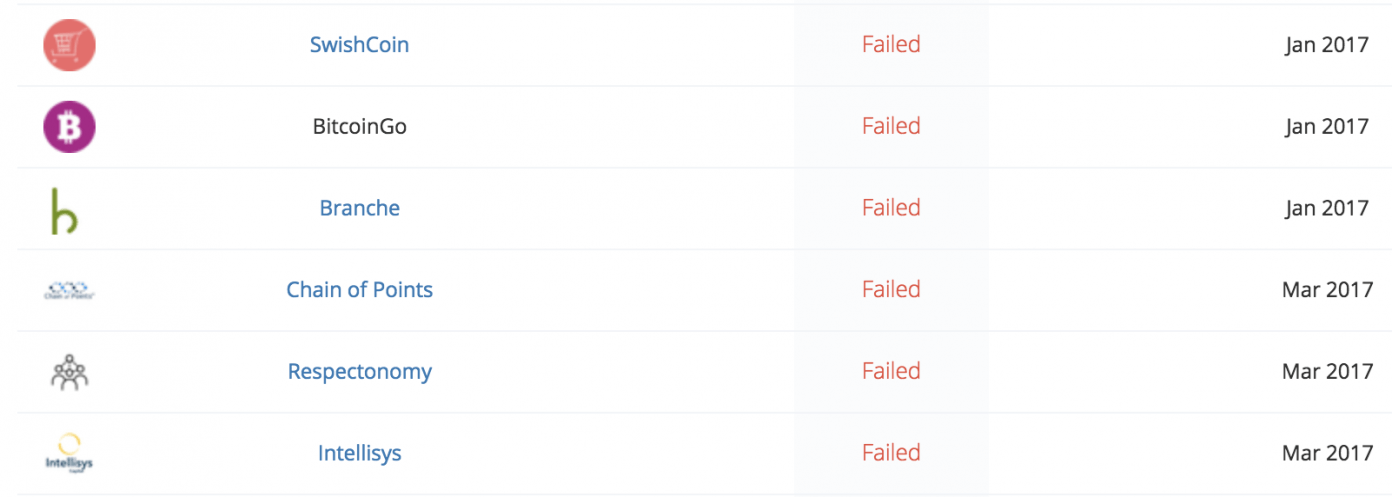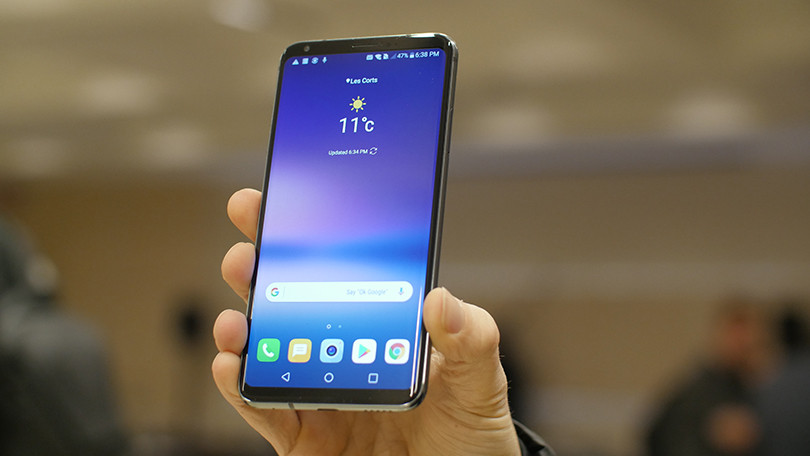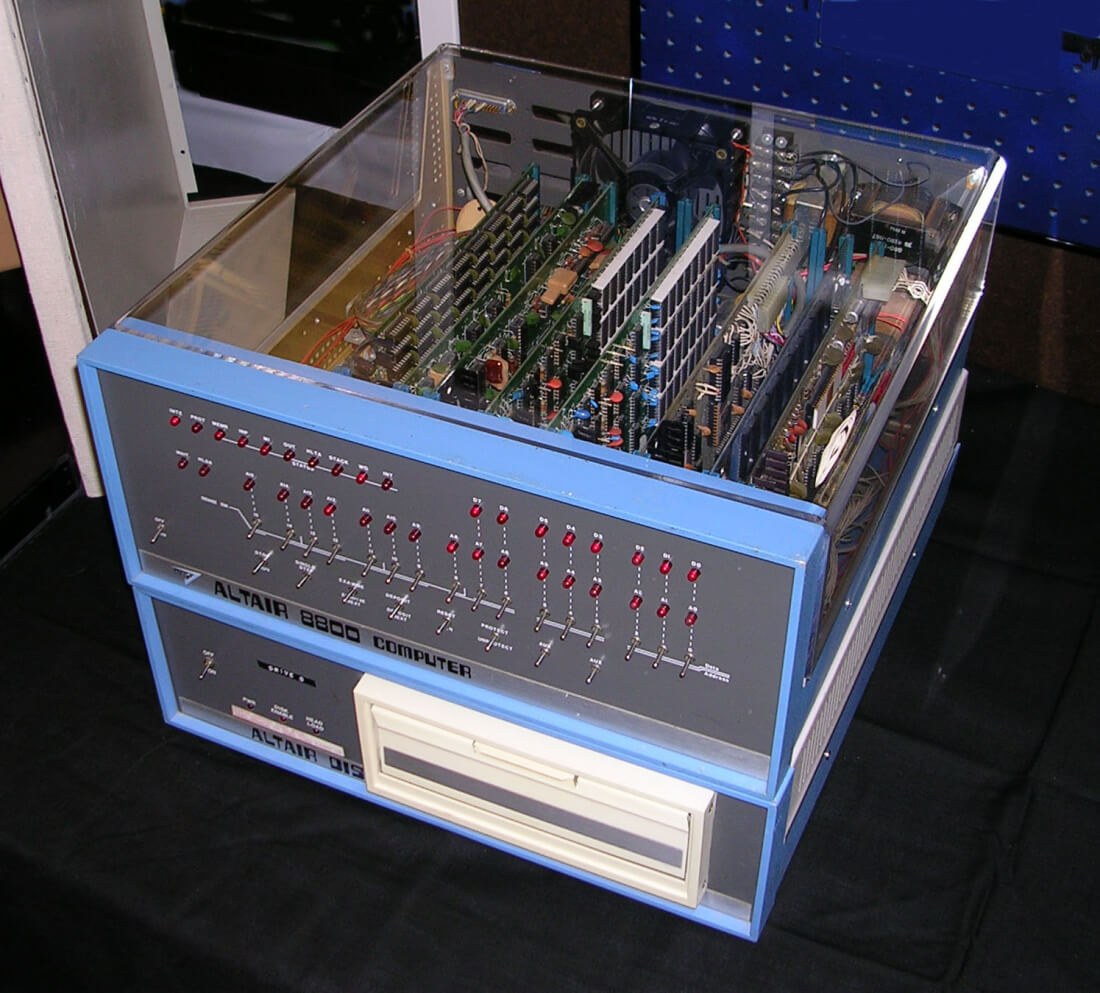Build Your Own Altair 8800 Personal Computer The MITS Altair 8800 was the first commercially successful personal computer. Created by Ed Roberts in 1974, it was purchased by the thousands via mail order, proving there was a huge demand for computers outside universities and large corporations. Its influence was immense: For example, after seeing the Altair featured on the cover of the January 1975 issue of Popular Electronics, Bill Gates and Paul Allen founded Microsoft (then Micro-Soft) in order to write a Basic interpreter for the new machine. IEEE Spectrum
Bloke sues Microsoft: Give me $600m - or my copy of Windows 7 back A fella in the United States is taking Microsoft to court to get Windows 7 put back on his PC. Frank Dickman, of Albuquerque, New Mexico, filed a lawsuit on Wednesday seeking damages from both Microsoft and CEO Satya Nadella for what were termed "civil rights violations" that occurred when his Asus laptop was automatically updated from Windows 7 to Windows 10. The Register
The FCC's New Broadband Map Paints an Irresponsibly Inaccurate Picture of American Broadband How do you fix a problem when you're not capable of admitting you have one. That's the problem that continues to plague the United States, where consumers not only pay some of the highest prices in the developed world for broadband, but enjoy some of the worst customer service imaginable. Efforts to actually fix this problem remain stuck in limbo, in part because we're still not accurately tracking where broadband is available, or how much it costs. Motherboard.Vice
Huawei's new MateBook X Pro laptop has incredibly tiny bezels Huawei isn't bringing a new flagship phone to Mobile World Congress this year, but it does have a trio of larger-screened devices to show off. First up is Huawei's new laptop, the MateBook X Pro. Like last year's MateBook X, it has an attractive design with even thinner bezels around the display --- Huawei claims a 91 percent screen-to-body ratio. The Verge
46% of Last Year's ICOs Have Failed Already It has always been assumed that a large number of ICOs will fail, be it at the fundraising stage or when it comes to delivering the actual project. It's hard to settle on a precise figure, however, as most dubious ICOs don't exit scam: they slowly tiptoe away, like a sneak thief rather than a smash-and-grab robber. Having completed an extensive study into last year's crowdsales, news.Bitcoin.com can report that 46% of them are effectively dead already - despite raising over $104 million. Bitcoin

Amazon is selling exclusive over-the-counter drugs – DeepMind, VA partner for patient health – Optra Health launches Alexa-powered genomic solution Amazon has introduced an exclusive line of Perrigo over the counter (OTC) health products as a part of its Basic Care line, according to CNBC. Selling the OTC medication doesn't give Amazon a pathway to selling prescription drugs, the company said. But it could help strengthen consumers' association between Amazon and healthcare as the company continues to move into the healthcare market. Basic Care was launched in August 2017 and offers 60 health products, ranging from medication to hair loss treatments. Business Insider Australia
Japanese researchers develop ultrathin, highly elastic skin display A new ultrathin, elastic display that fits snugly on the skin can show the moving waveform of an electrocardiogram recorded by a breathable, on-skin electrode sensor. Combined with a wireless communication module, this integrated biomedical sensor system - called "skin electronics" - can transmit biometric data to the cloud. Eureka Alert
Wi-Fi Mesh System Secrets Oh, how the times are a-changin'. Today we have more connected devices in our homes than ever before. Products like surveillance cameras, smart thermostats, entertainment systems and smart speakers add more traffic than the traditional home network had in the past. All those tablets, laptops and smartphones that have somehow crept into your home have also increased the need for higher bandwidth, better coverage and increased capacity. Small Net Builder
A New Lobbying Group is fighting Right to Repair Laws Consumer advocates and proponents of right to repair laws in 17 states have a new enemy to worry about. The Security Innovation Center, with backing of powerful tech industry groups, is arguing that letting consumers fix their own devices will empower hackers. The group released a survey last week warning of possible privacy and security risks should consumers have the right to repair their own devices. The Security Ledger
Bot-Driven Credential Stuffing Hits New Heights More than 40% of global log-in attempts are malicious thanks to bot-driven credential stuffing attacks, according to the latest report from Akamai. The cloud delivery provider's latest State of the Internet/Security report for Q4 2017 comprised analysis from over 7.3 trillion bot requests per month. InfoSecurity Magazine
Hands On With the LG V30S+ ThinQ The LG V30S ThinQ unveiled at Mobile World Congress is a bunch of cool camera modes disguised as a new phone. The good news is that LG is offering significant software upgrades to existing V30 and V30+owners, as well as two elegant new colors of its 2017 flagship phone. But those positive steps are clouded a bit by LG's insistence that this is a new phone, and its attempt to make "ThinQ" a thing. PCMag

Things I Learned Managing Site Reliability for Some of the World's Busiest Gambling Sites For several years I managed the 3rd line site reliability operation for many of the world's busiest gambling sites, working for a little-known company that built and ran the core backend online software for several businesses that each at peak could take tens of millions of pounds in revenue per hour. I left a couple of years ago, so it's a good time to reflect on what I learned in the process. zwischenzugs
The Future of Silicon: An Exclusive Interview with Dr. Gary Patton, CTO of GlobalFoundries In our recent trip to GlobalFoundries Fab 8, its leading edge facility, we managed to spend some time with the C-level executive that controls the future of this part of our industry: Dr. Gary Patton. Gary is the Chief Technology Officer, overseeing all of GlobalFoundries research, development, and fabrication arms, pushing GlobalFoundries towards the next generation of processes for its customers. AnandTech
Google must be stopped before it becomes an AI monopoly Google is my favorite giant tech company. Unlike Apple, it has preserved a broadly innovative spirit, pursuing lots of ideas that have no direct link to its existing revenue model. Unlike Microsoft, it understands people well enough to give them consistently comfortable interfaces, and it keeps the interfaces pretty glitch-free. And unlike Facebook, it has never treated users, literally, like laboratory rats. Wired
A Third, High-Speed Magnetic Imager Tile I've been very interested in visualizing things that are very difficult for us to normally see for a long while – it absolutely fascinates me that there's so much around us that we just can't easily perceive, and I often wonder how much more we'd be able to understand about our worlds, and how much more interesting bits of science we'd be able to get done, if only we could easily see them as naturally as we see things like colour. Hackaday
Exploring his depth of field Perhaps Corban Swain has inherited his idiosyncratic nature from his hometown. Huntsville, Alabama, has a dynamic history in the deep south: Originally a small cotton mill town, its selection as a post-WWII missile development site catapulted it into the space race. Later, it became an engineering enclave and hotspot for biotechnology. MIT
